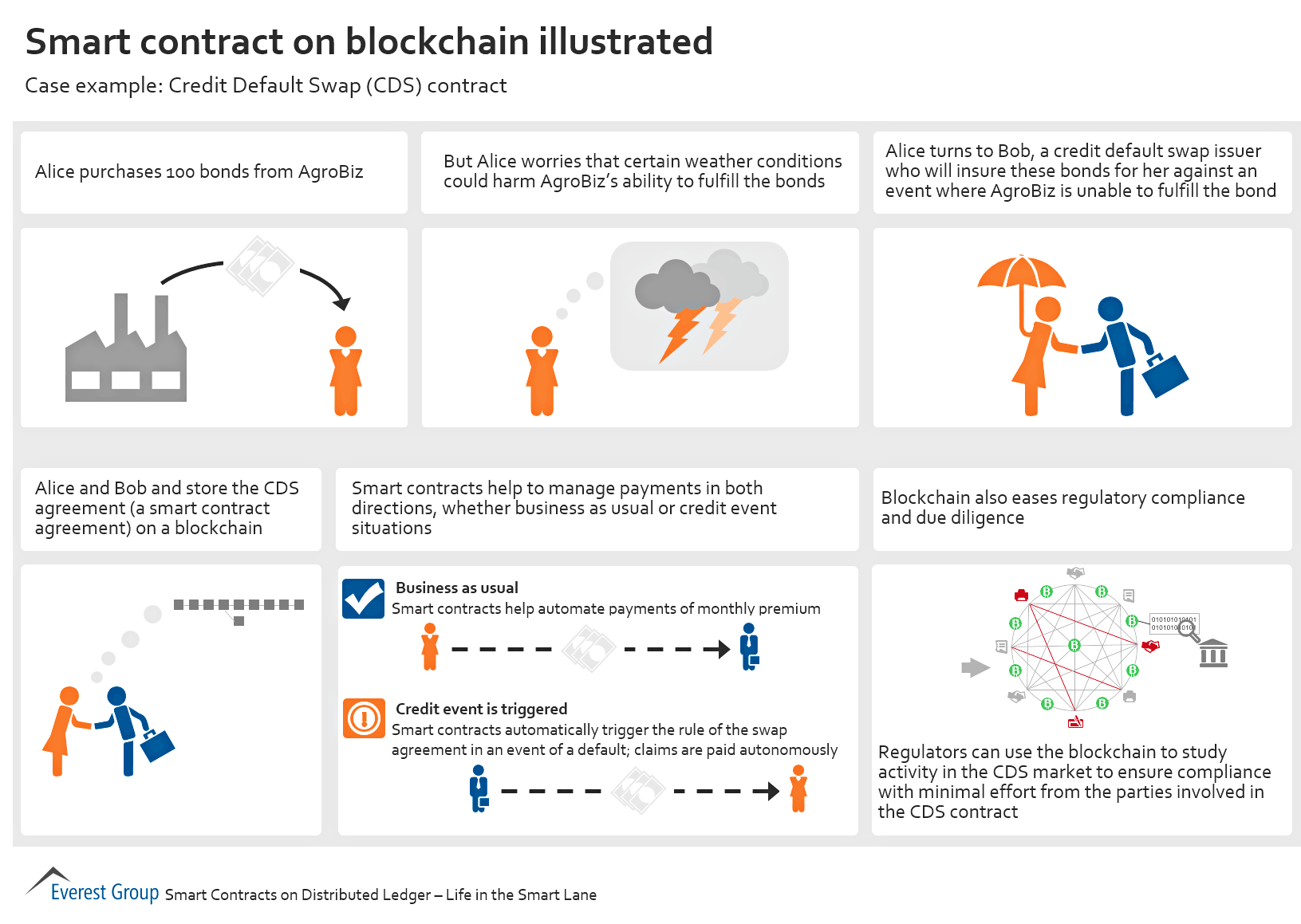The substantial commitments and investments of big upfront projects have always also brought the risk of potentially not achieving the desired final product. However, the sharing economy is changing the way we work on those big projects and reducing risk. Thanks to the Lean experimental approach, Smart Contracts, and Blockchain.

For most, the current practice of big upfront is to hire a software developer or team of developers. You outline the technology stack and level of quality upfront and find a team that fits and make the investment. But the selected technology might end up being damaging in the long run. Or you end up going over budget by hiring a team with more than the necessary skillset. Once you’ve made that big investment, changing the technology stack or switching to a team with the right experience becomes much more difficult.
Say hello to Smart Contracts and Blockchain. It will soon be easier to enter into a short, 2-week contract with the team. Every developer gets automatically paid in cryptocurrency as their code passes the automated tests and is deployed in production. At the end of the sprint, you have the liberty to modify the team’s composition by moving into a new set of smart contracts. This provides you the freedom to experiment and evaluate a few options.
With smart contracts and blockchain, we have an ability to enter into smaller, more frequent transactions without needing a central aggregator like a bank or a human resources department. Aggregators can’t economically work with shorter contracts and smaller payments since there’s a fixed overhead related to every contract and payment.
We can see potential examples of the Lean experimental approach replacing big upfront across a range of industries:
| Big Upfront | Lean Experimental |
| Buying an automotive | Sharing a ride with no aggregator required, such as Uber or payment card. |
| Buying Servers | Virtual servers on the cloud may be rented on pay-as-you-go basis without the use of credit cards. Cloud providers can mechanically receive their payment in cryptocurrency. |
| Buying heavy machinery | Renting made easy by adding more data points, such as usage, wear and tear and damage, that can be communicated through data streamed by IOT sensors. |
| Launching a company to enter a new business with all the associated overheads | Assembling a team loosely bound by smart contracts. Blockchain ensures compliance without the protection of corporate law |
| Group health insurance where healthy members pay additional and people prone to health problems pay less. Claiming insurance is fraught with legal terminologies embedded within the fine print. | Wearable devices that communicate the present health status often enough so that it’s possible for a healthcare provider to enter into a smart contract directly with the individual. |
| Credit Default Swap (illustrated above) | Insuring CDS with help of Smart Cortracts and making it pubic on blockchain will ensure two way transaction and compliance all at the same time. |
This new method of operating has become even more promising attributable to recent advances in IOT which is able to digitize a lot of real world data. The broader acceptance of the shared economy is pushing people to “rent and try” rather than “buy and regret”. All of this works well for people who think and work in a Lean and Agile way. It offers them the liberty to conduct experiments to validate their hypotheses before creating an oversized commitment. Plus it lowers the barrier to entry into businesses that were once a territory completely reserved for big firms.














